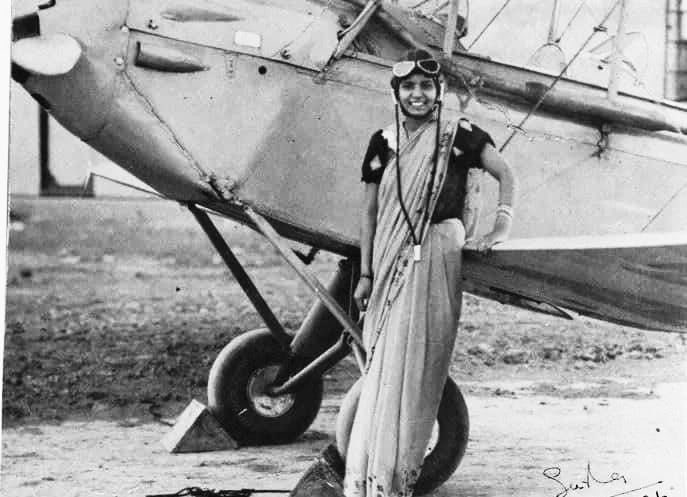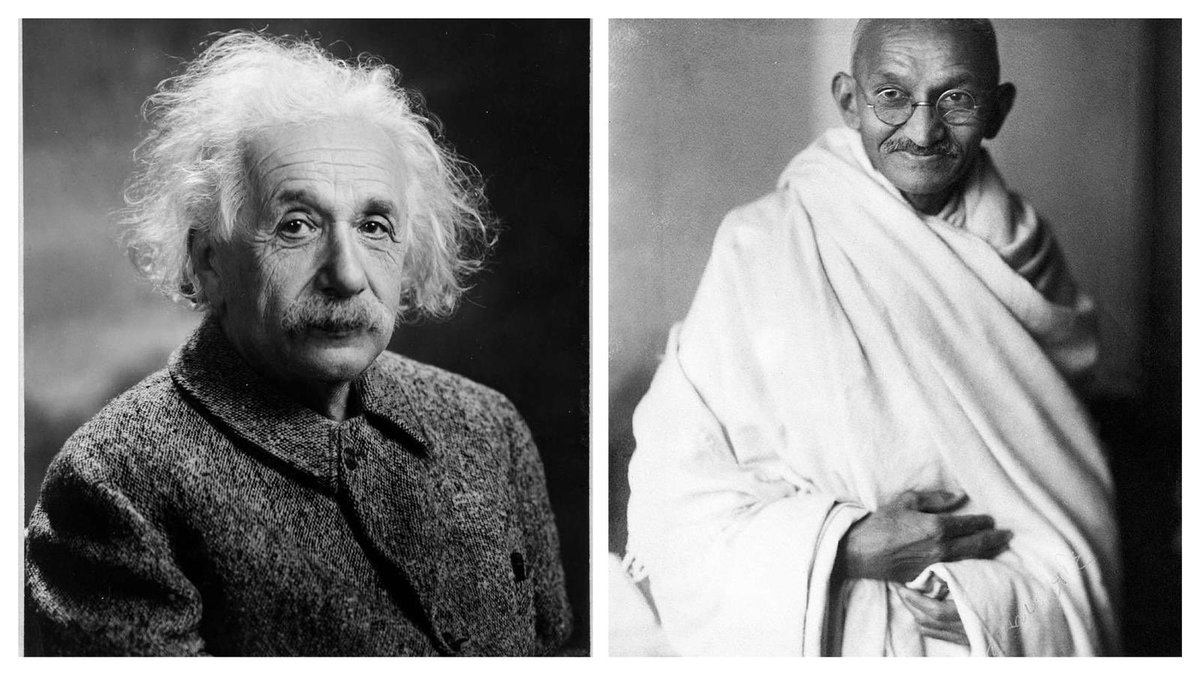
‘Beware the ides of march’ said the soothsayer on chancing upon Caesar. On this day, we recount how the Bard was adapted into Bengali and Julius Caesar’s demise was enacted with fervor and passion on the Bengali theatre stage through the ages. A thread (1/n) 

The history of Bengali proscenium theatre is the history of colonial theatre and Shakespeare's plays were adapted into Bengali with great enthusiasm.
Over the years, Shakespeare became a symbol of resistance for the Bengali bhodrolok (2/n)
Over the years, Shakespeare became a symbol of resistance for the Bengali bhodrolok (2/n)

Translation of Shakespeare into the vernacular language first started with the great Michael Madhusudan Dutta (3/n) 

In Hara Chandra Ghosh’s translation of The Merchant of Venice named Bhanumati Chittavilash (1853), he even added Indian names and twisted the plot to suit his audience (4/n)
Girish Chandra Ghosh’s translation of Macbeth and many other translations and adaptations of Shakespeare became quite popular in Bengal over the decades (5/n)
The ‘Ides of March' (March 15, according to the ancient Roman calendar), reminds us of the great actor and master playwright, Utpal Dutt. In 1949, Dutt, just out of college, presented his version of Julius Caesar on the stage of St. Xavier’s (6/n) 

He merged Caesar’s personality with that of Hitler's and presented Mark Antony as a demagogue whose followers were fascists and blackshirts. Brutus and Cassius, on the other hand, were represented as communists and socialists (7/n)
Dutt had no qualms about combining Shakespeare with contemporary politics – be it the rise of fascism and communism or India’s recently gained independence, which he feared may lead to the rise of demagogues (8/n)
Dutt and his Little Theatre group took the stage to the masses, combining modern acting with folk theatrical traditions like Jatra and embedded them into Shakespeare’s plays. His use of satire and metaphors were refreshing (9/n)
In 1964 Dutt would hit the political stage again in one of his best and unique adaptations of Julius Caesar (translated by Jyotirindranath Tagore in Bengali) (10/n)
The vacuum left by Nehru’s death and division of the Communist Party of India was deeply etched in every scene.
Dutt used the stage to make a political and social impact and was a hugely influential figure in that regard (11/n)
Dutt used the stage to make a political and social impact and was a hugely influential figure in that regard (11/n)
What of Caesar then? A tragic Shakespearean figure or is he what, as Dutt portrays him: a mass leader, a demagogue killed out of fear for what he could have become? (12/n)
We leave you to ponder over this paradox with Antony’s words:
“The evil that men do lives after them;
The good is oft interred with their bones;
So let it be with Caesar.”
(13/n)
“The evil that men do lives after them;
The good is oft interred with their bones;
So let it be with Caesar.”
(13/n)

Sources:
kjmahavidyalaya.co.in/_uploads/teach…, academia.edu/32875773/From_…, redalyc.org/pdf/3335/33352…, sahapedia.org/utpal-dutt-the…
Images: shakespeare.org.uk, The Statesman
kjmahavidyalaya.co.in/_uploads/teach…, academia.edu/32875773/From_…, redalyc.org/pdf/3335/33352…, sahapedia.org/utpal-dutt-the…
Images: shakespeare.org.uk, The Statesman
• • •
Missing some Tweet in this thread? You can try to
force a refresh














